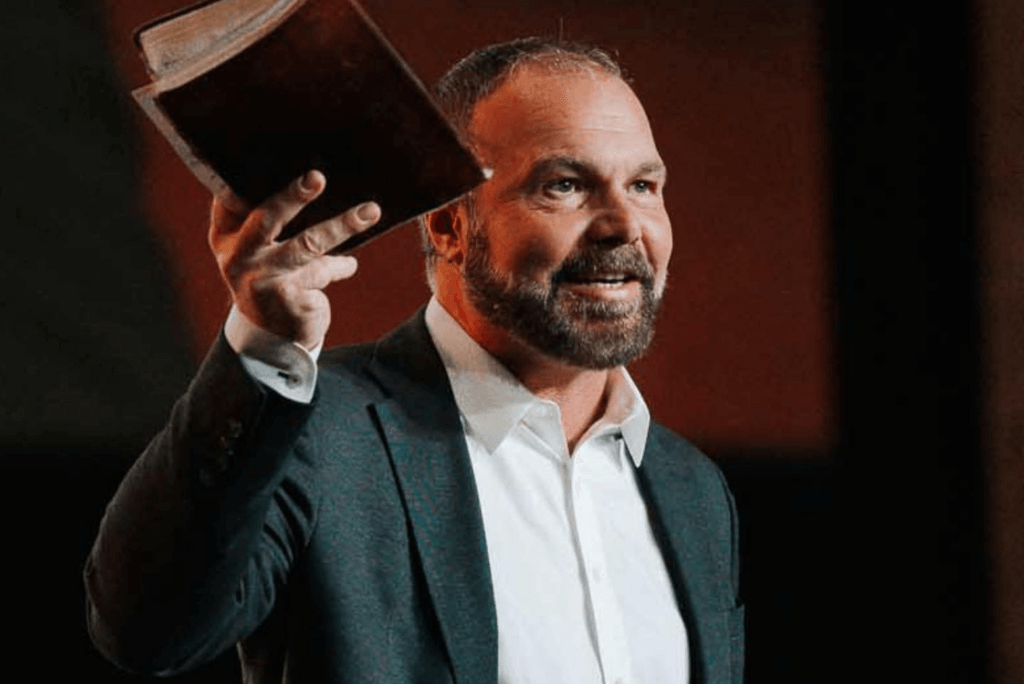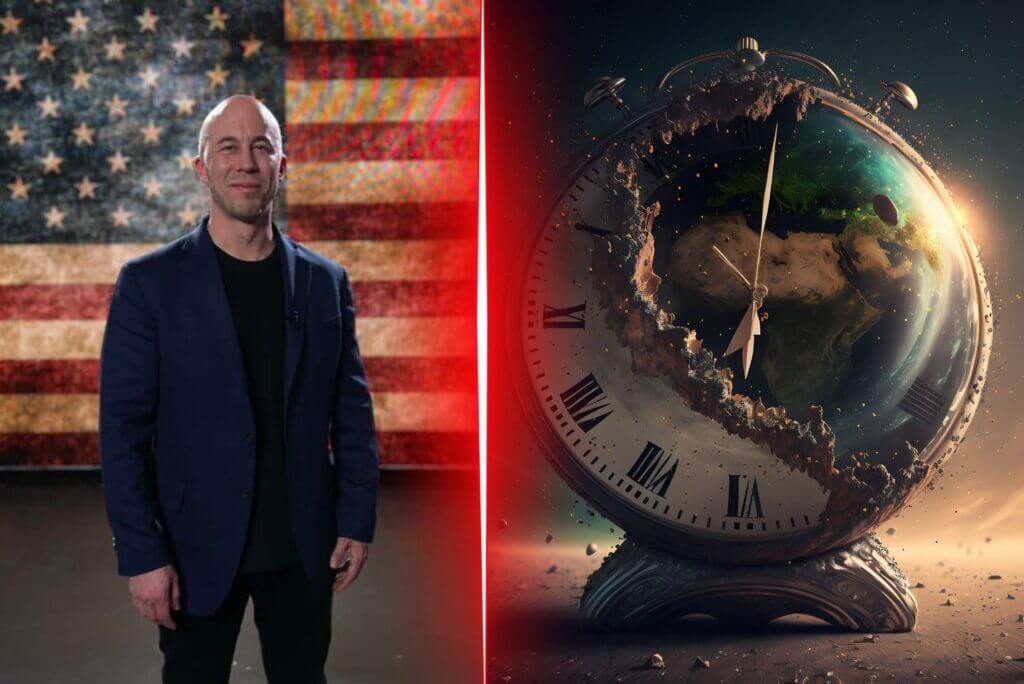In a major victory for law enforcement agencies, a divided Supreme Court on Monday ruled that police can take a DNA sample from someone who has been arrested and charged but not convicted of a serious crime.
On a narrow 5-4 vote the court reversed a decision last April by Maryland’s highest court that overturned the 2010 conviction and life sentence of Alonzo Jay King for a rape committed seven years earlier.
The high court, in an opinion written by Justice Anthony Kennedy, handed a victory to the state of Maryland by saying taking of DNA samples from arrestees was similar to taking fingerprints. Of the 50 states, 29 have such laws along with the federal government.
DNA samples can be taken if police have probable cause to detain a suspect facing charges relating to a serious offense, Kennedy said.
Taking a sample using a swab of the cheek is “like fingerprinting and photographing, a legitimate police booking procedure,” Kennedy said.
King’s right under the U.S. Constitutional Fourth Amendment to be free from unreasonable search and seizure had therefore not been violated, the justice added.
Maryland Attorney General Douglas Gansler welcomed the decision, saying it was a “resounding victory for law enforcement.” Laws like the one in Maryland help close “unsolvable cold cases” and can help exonerate those wrongly accused, he added.
King’s attorney could not immediately be reached for comment.
The sample King gave after a 2009 arrest in Wicomico County on two unrelated assault charges linked him to a 2003 rape. He was sentenced to life in prison after being convicted of the rape and was convicted of one count of misdemeanor assault on the 2009 charges.
The Maryland appeals court had concluded that King’s Fourth Amendment rights were violated when he was required to provide his DNA upon being arrested.
The key legal question before the Supreme Court was whether police could take his DNA sample when, at the time of the test, they had no evidence linking him with the rape.
The American Civil Liberties Union had backed King. The group’s legal director, Steven Shapiro, said the ruling eliminated a “crucial safeguard” by allowing police to conduct a search without having the “individualized suspicion” that the suspect is linked with a particular crime.
Strong Dissent
Justice Antonin Scalia, a conservative, joined Justices Ruth Bader Ginsburg, Sonia Sotomayor and Elena Kagan, all from the liberal wing of the court, in dissenting from the decision.
Taking issue with Kennedy’s focus on DNA being used to identify suspects, Scalia said that view “taxes the credulity of the credulous.”
He noted, for example, that in King’s case the police did not start the process of taking the DNA sample until three days after the arrest.
“I suspect, though, that they did not wait three days to ask his name or take his fingerprints,” Scalia wrote.
In the immediate aftermath of the ruling there was some uncertainty about Kennedy’s reference to the court limiting the decision to those arrested for “serious offenses.” That is a phrase from the Maryland law, which defined serious offenses as a crime of violence or burglary.
But in his dissent, Scalia described the term as a “senseless distinction” and indicated that he thinks that under the court’s rationale, DNA could be taken after any arrest.
Of the states that have similar laws to Maryland, 13 limit DNA collection to those arrested for a felony, while the others limit it to those accused of certain felonies, according to Jayann Sepich, who runs a nonprofit called DNA Saves that advocates for DNA collection laws.
She described Monday’s ruling as “incredibly important” because she said DNA collection laws can solve crimes and prevent repeat offenders from committing further offenses.
There are already 1.3 million arrested suspects and 10 million convicted people nationwide whose DNA has been collected, according to U.S. Federal Bureau of Investigation data.
The case is Maryland v. King, U.S. Supreme Court, No. 207.
© 2013 Thomson Reuters. All rights reserved.
See an error in this article?
To contact us or to submit an article





















